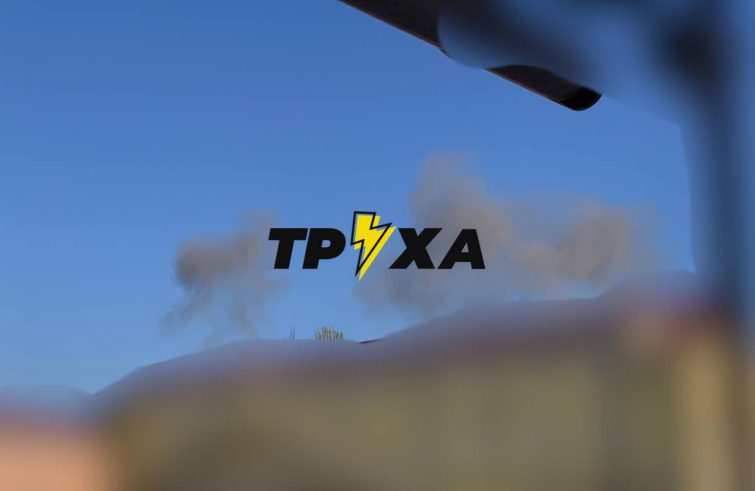
A terrible blast was heard throughout Odessa on Monday afternoon. Speaking to SIR, Roman Krat, parish priest in the cathedral and director of the diocesan tribunal, said he had yet to understand where the missile fell and what was hit. Unfortunately, it turned out that a 15-year-old boy was killed and a teenage girl was seriously wounded, while the missile fell on an Orthodox church. As in previous attacks, it appears that the church complex was situated near a military facility. “Russian missile strikes are not precise”, the priest remarked.
Monday was a significant day for Odessa. It marked the commemoration of the massacre of scores of pro-Russian protesters who perished in the blaze that broke out inside the trade union headquarters eight years ago, in 2014.
The city authorities therefore decided to impose an extended curfew, which started on the evening of May 1 at 10pm and only ended at 5am today.
“Law enforcement officers ensured that the curfew was complied with by everyone. The purpose of this measure was to prevent incidents during public protests and demonstrations,” said Father Krat. The “Odessa massacre” is an open wound for this city and its inhabitants. According to the priest, it’s hard to establish the facts, as they vary depending on the angle from which the events are being told. There in fact exist some conflicting versions and interpretations of what happened eight years ago. The public prosecutor’s office has opened an investigation but with no outcome as yet. In 2014, at the height of the “Orange Revolution”, the pro-Russian government was replaced by a pro-Western government and the Russians annexed Crimea. Tensions in Odessa were running high. On that day, Fr Roman was there. “I recall a crowd of pro-Russian youths attacking pro-Ukrainian protesters in the streets. Clashes ensued, including gunfire. A young man was killed. Tensions mounted until the pro-Russian protesters sought shelter inside the union headquarters. People were enraged. That is when a fire broke out in the building. There were 48 people inside. Most young people in Odessa have forgotten about it, but those who were there on that day, “still have vivid memories of the events because they lost their friends.”
The question is: the protest lasted for two and a half hours. Why didn’t the police intervene? Where were they? Who instructed them not to intervene?
Only when all the facts are clarified, when those who committed the crime will have been identified and the truth is established, only then will the wounds start to heal. But if the truth remains unknown, the wounds will remain open and its memory will be manipulated and exploited by our politicians every year.”
But another date is now awaited with concern in Odessa: May 9 marks Victory Day, in remembrance of the victory over Nazi Germany in 1945. Russian President Vladimir Putin has been consistently exploiting the memory of this historical event, presenting the ongoing conflict in Ukraine as a “special military operation” combined with a so-called “denazification” campaign.
“It is our understanding that the Russians are planning to recognise Transnistria as an independent country on May 9, move their troops into the territory and occupy it as far as Moldova”, says Fr Krat. “This would leave southern Ukraine and Odessa facing a very unstable situation, which would potentially create a new strategic war front.”
That’s why there is so much uncertainty about the future in this part of Ukraine. “The situation is changing fast on a daily basis,” says the priest. But not for the better. Peace talks appear to have reached a dead end. “Even our president has acknowledged this when he said that only the victory of Ukraine will put an end to the war. The same is being said by the Russians. Both sides have therefore announced the end of the dialogue process. The weapons supply from Europe and the US suggests that the only solution is a military attack.” The toll of the war is rising. “We hope that at some point the Russians will realise that the toll of this war has become unbearable for them and this will prompt them to pursue the prospect of peace.” Yet what are the options when a dead end is reached? “In this conflict there is no justice, and for this reason peace fails to gain ground”, observes the priest, quoting from the Second Vatican Council. “As the Popes have repeatedly declared in the recent history of the Church, peace is not the absence of war. It results not from relations of force imposed on the battlefield. Nor is it the result of capitulation. Peace can only be a just peace, based on respect for justice, the development of peoples, ensuring human rights and the dignity of every individual. That is the peace we are waiting for.”











